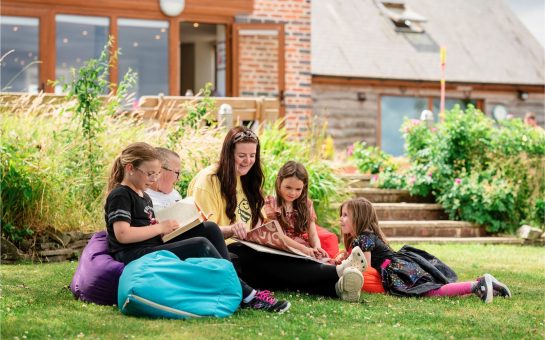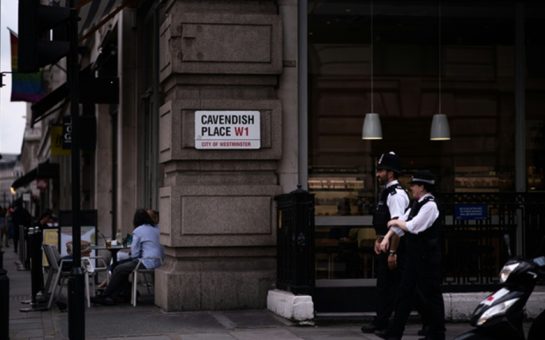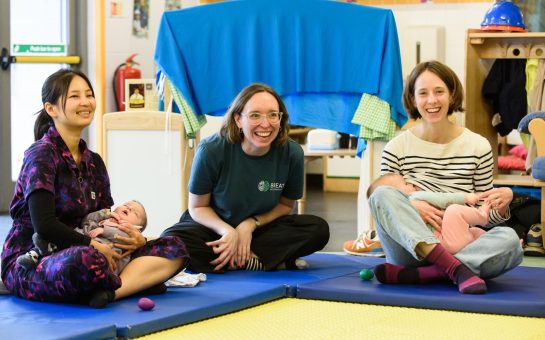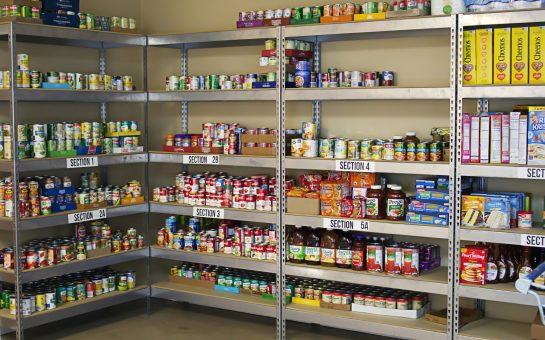“COVID took my mum away from me at a faster rate than what would have happened if life continued as it was before”, explained Elle, 23.
This is just one of the heart-breaking realities young carers have experienced during the coronavirus pandemic.
It has been a painful time for everyone – from ongoing isolation to tragic losses – but the midst of the storm many voices have gone unheard.
Elle expressed this feeling of leading a double life, as since secondary school she has cared for her mother who has early-onset Alzheimer’s disease.
During the pandemic she had the strain of her master’s degree and now works multiple jobs whilst having to commute weekly or relocate during lockdowns from Peckham to her mother in Birmingham to assist with her selfcare, cooking and cleaning.
She explained the most heart-breaking aspect has been watching her mother’s significant mental decline due to her social care services, where she would paint and dance, being closed to prevent the spread of COVID-19.
Elle said: “It’s because of the groups and the stimulation and being able to go out, that’s so important to the mind.
“That’s what’s been the hardest about COVID for me, that I did lose my mum to it, just not in the same way that other people have lost a parent.”
Young carers (under 18) and young adult carers (18-25) provide unpaid care for a family or friend with an illness, disability, mental health condition or addiction.
A 2018 BBC survey projected there may be around 800,000 young carers in England while young carer charities estimate 29,000 in Scotland, and 30,000 in both Northern Ireland and Wales.
Many young carers are unaware of their position as they are born or grow into their caring role.
This was the case for Jasmine from Whitechapel who has helped care physically and emotionally for her mother who has bipolar disorder since she was a child.
Her caring responsibilities have shaped her upbringing, restricted her social life and affected when and where she can study for university, but the pandemic amplified these already intense pressures.
Jasmine, 22, said: “It was uncomfortable and stressful because her condition kept getting worse and I couldn’t go out and get a break, so I felt really suffocated and isolated.”
She explained how the pandemic has disrupted everything from delaying the council repairing their accommodation to make their home habitable, to vital mental health services being closed down or restricted.
Carers Trust published a survey in July 2020 which outlined the dramatic impact the pandemic was having on young carers wellbeing.
The survey showed that 40% of young carers and 59% of young adult carers who responded say their mental health is worse since coronavirus.
A contributor of this is the increased workload on young carers, such as Shakil from Redbridge who became a carer to his grandparents at age 16 when his grandfather developed cancer.
He explained how organising appointments and translating them into Bengali and his grandparents daily care can take up to 35 hours a week and so to keep up with his A Level work he would study till 3am.
The survey found 58% of young carers and 63.6% of young adult carers are spending on average 10 hours a week more on caring responsibilities since the pandemic.
Shakil, 18, said: “I want people to understand how much time it actually drains from you, not just physical time but also when you’re not with them, you have that concern in the back of your mind.”
These responsibilities often mature individuals quicker, such as with Ava-Grace.
She started caring for her father at age nine after he had a stroke and now assists her mother with his care and medications.
During the first lockdown they had to shield her father and so she missed the final months of her primary school days and has recently been diagnosed with epilepsy, yet she remains incredibly positive.

Ava-Grace, 11, said: “I think if you know that you’re doing something that’s good and if you know that it’s the right thing to do then that will make you happy.”
Young carers support groups are often a refuge, especially during the pandemic, as was Bromley Well Young Carers for Ava-Grace.
They hosted zoom activities like cookery and crafts which provided a safe place for the young carers to connect.
Carers Trust campaigns for their continued funding alongside reform to social care, mandatory monitoring of young carers school attendance and attainment, and mental health support for carers.
Head of Policy and External Affairs at Carers Trust Laura Bennett explained: “There’s no reason why young carers can’t achieve whatever it is that they want to be in life but it’s making sure that they’ve got that support in place.”
You can read more about how young carers are dealing with the pandemic here.




